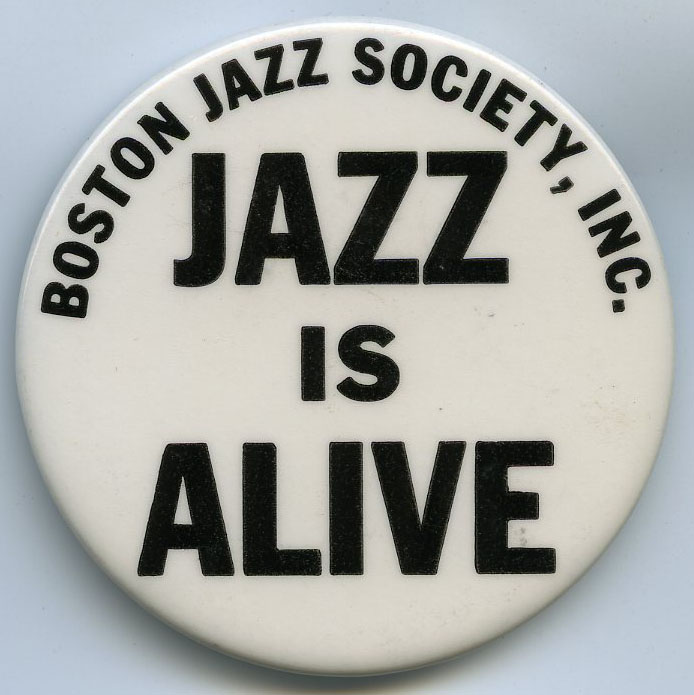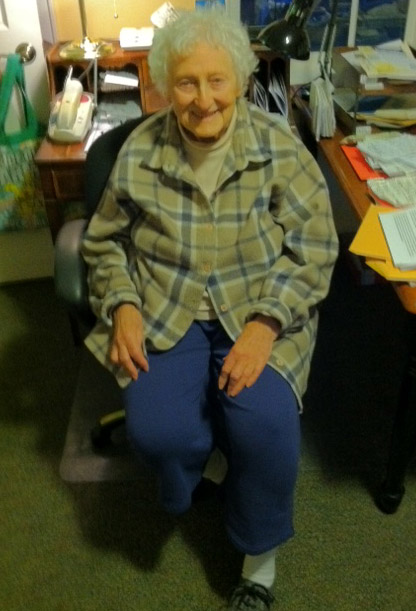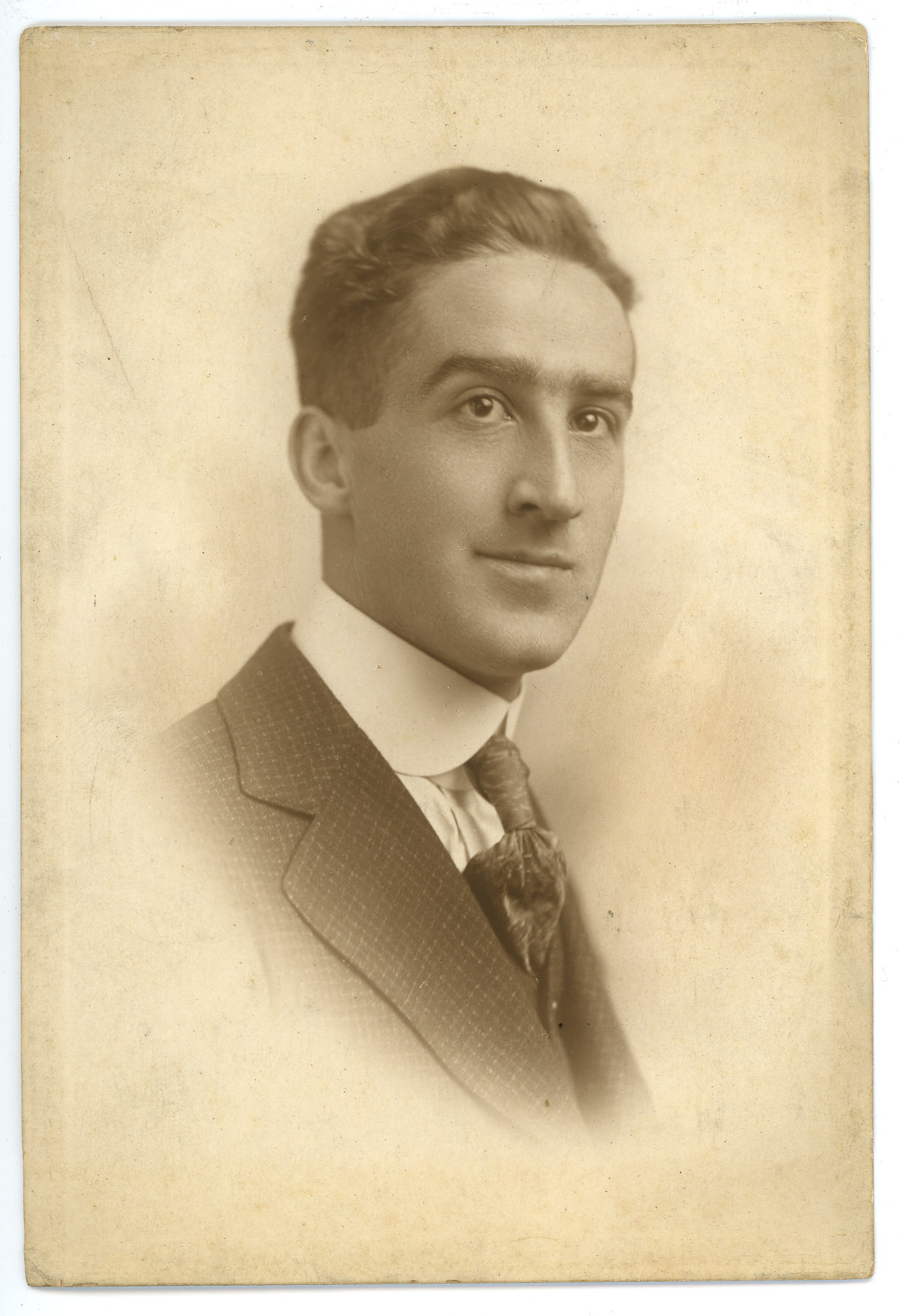Boston Jazz Society Records

Founded in 1973, the Boston Jazz Society grew from a small group of enthusiasts listening to music in living rooms to a thriving organization that “kept Jazz alive” in New England. As Jazz’s popularity began to fade in the late 1960s, local Jazz societies formed to provide support to artists and give them the means and venues to continue to perform on the road. The Boston Jazz Society was originally inspired by one of the earliest, the Left Bank Jazz Society of Baltimore. Like the Left Bank, BJS produced concerts in clubs, theaters, and hotels but expanded their efforts to include exhibits, television and radio shows, and a Jazz education program for grade school students. The longest running BJS activities, however, were the annual Jazz Barbecues and starting in 1975, the BJS Scholarships. The scholarship program raised funds for young Jazz musicians to attend the New England Conservatory of Music’s Jazz Department and the Berklee School Of Music and began the musical careers of many important musicians, composers, and teachers. BJS was also deeply connected to the local music scene, celebrating Roxbury, Mass. natives Alan Dawson and Roy Haynes, whose brother Vincent was a long-time board member, among many others. After 42 years of promoting Jazz music in Boston, the Boston Jazz Society, Inc. dissolved in 2015.
The Boston Jazz Society Records extensively document BJS’s meetings, events, business dealings, and scholarship administration through meeting minutes, posters, correspondence, photographs, recordings, videos, and BJS’s own propaganda and publications. The majority of the BJS records came from the collection of founding member and longtime president Aureldon Edward Henderson and also represents his involvement in promoting Jazz in the Boston area.



